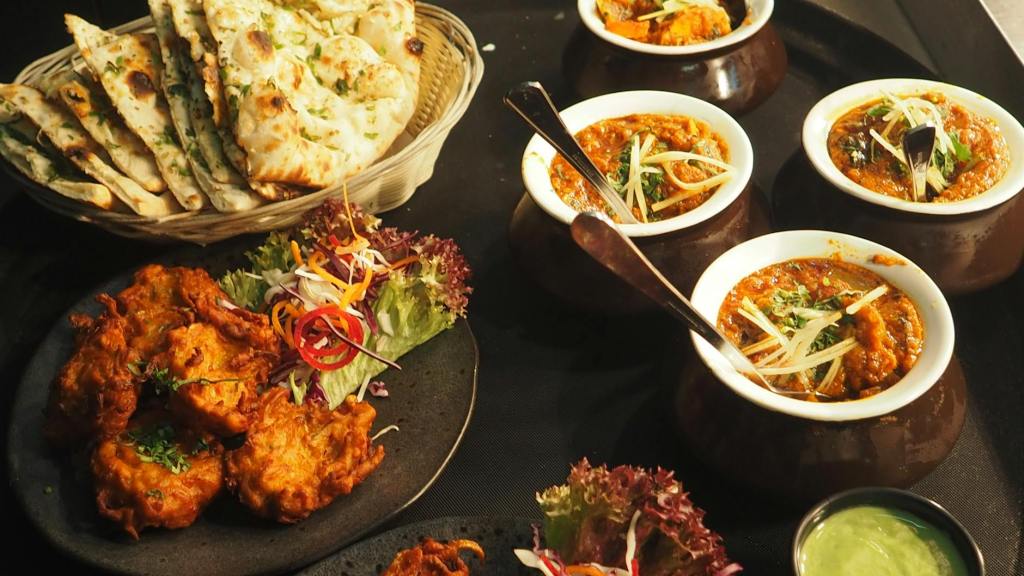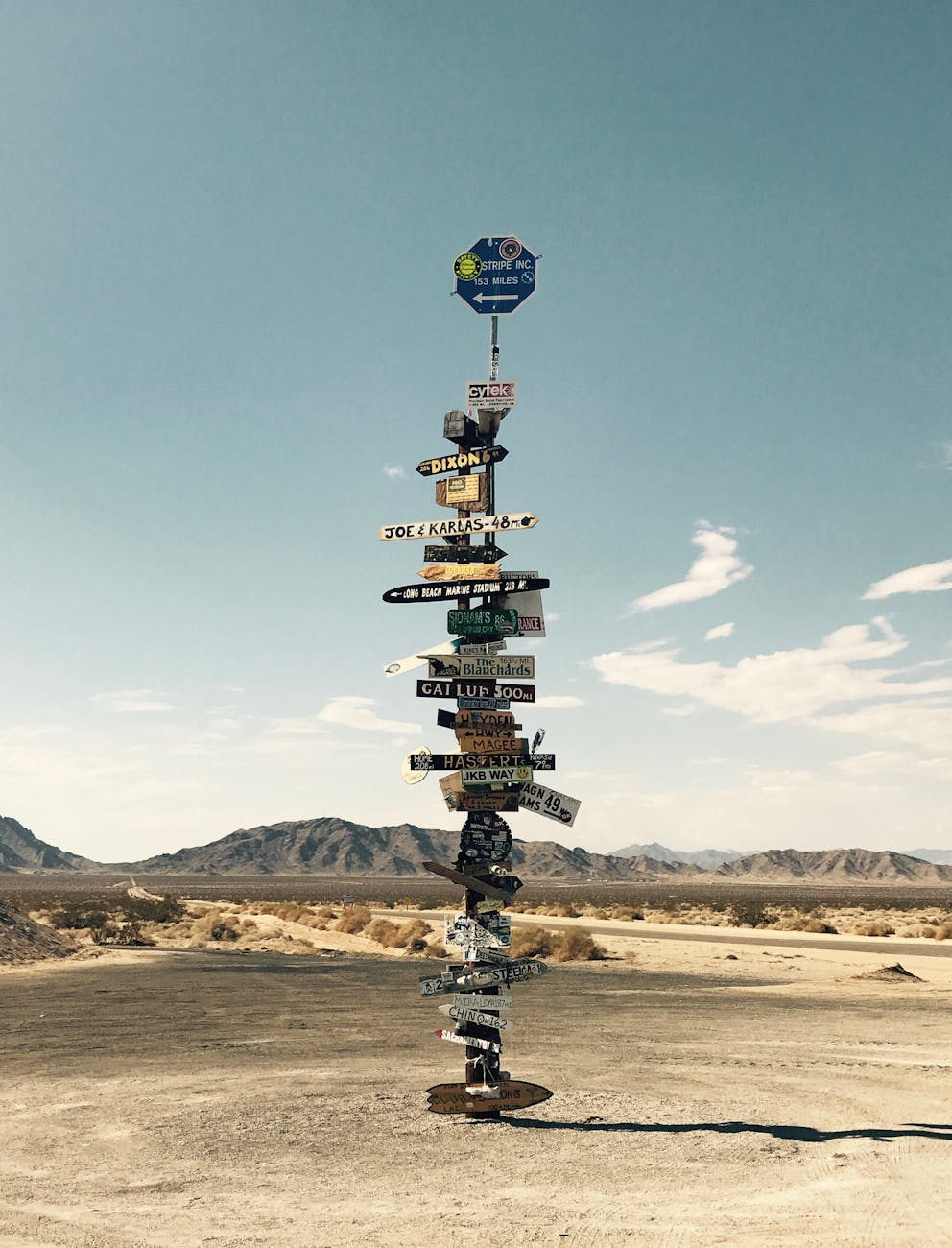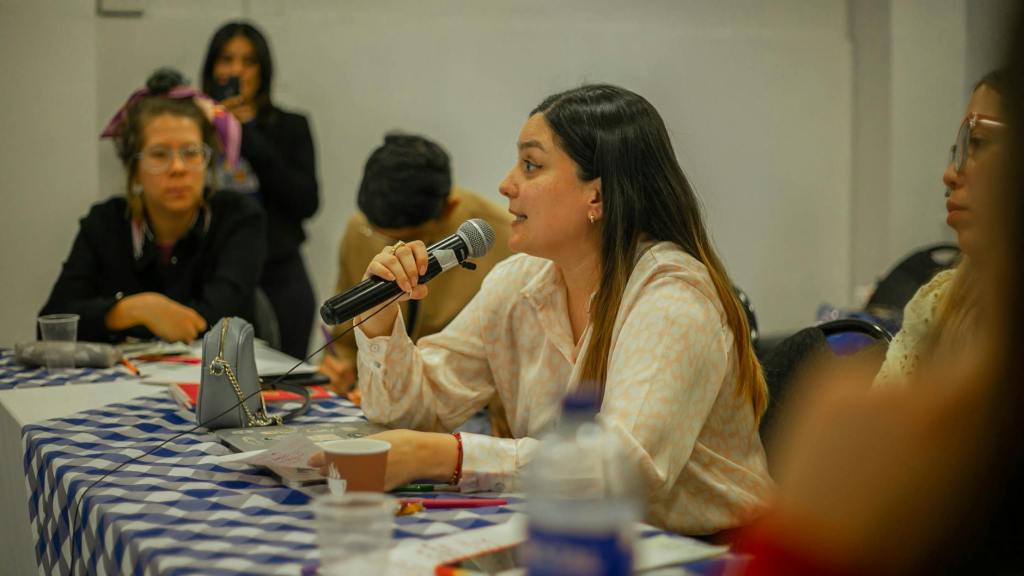“Women, like men, should try to do the impossible. And when they fail, their failure should be a challenge to others.” – Amelia Earhart
In a world where historical narratives often resemble a game of telephone played by politicians, it’s no wonder that the plight of women throughout history can be muddled and misappropriated. Let’s take a jaunt through the hallways of European history, where the treatment of women was akin to decorating a castle with a “Beware of Dragons” sign – outdated, backward, and just asking for trouble.
Once upon a time, in a land where chivalry was merely a fashion statement and not a code of conduct, women in Europe found themselves in a bit of a pickle. Picture this: corsets so tight they doubled as rib compressors, societal expectations so suffocating they made the air feel thin, and education opportunities so scarce they might as well have been hunting for unicorns in the royal gardens.
Oh, but fear not, fair maidens! For in this tale of woe and oppression, there emerges a glimmer of hope! Fast forward to the present day, where women across Europe have kicked off the shackles of antiquated norms faster than you can say “suffragette.” No longer relegated to the role of damsel in distress, they now stride confidently into boardrooms, lecture halls, and political arenas, wielding their intellect like Excalibur and their ambition like a battle cry.
But lo and behold! As the dust settles on the battlegrounds of progress, a curious phenomenon emerges. From the distant shores of the Indian subcontinent comes a cacophony of voices, claiming that it is they, not the fair maidens of Europe, who have borne the brunt of historical injustice. They speak of dowries, of sati, of a patriarchal grip so tight it might as well be a boa constrictor squeezing the life out of progress.
And thus, a bewildering narrative unfolds. While European women celebrate their hard-won victories, they find themselves entangled in a debate not of their making. “Why focus on our past woes,” they cry, “when there are still battles to be fought?” And yet, the echoes of history reverberate across continents, reminding us that the struggle for equality knows no borders, no boundaries, and certainly no shortage of irony.
In the grand tapestry of history, while Europe was entangled in the cobwebs of oppression, across the vast expanse of ancient India, women danced to a different tune entirely. Here, where the air was redolent with the fragrance of spice and the echoes of ancient wisdom, women held sway over empires, shaped destinies, and left an indelible mark on the annals of time.
As European women languished in the shadows of patriarchal tyranny, their counterparts in ancient India stood tall as queens, scholars, and warriors. Picture this: while chivalry was but a fledgling concept in the west, Indian queens like Rani Lakshmibai of Jhansi rode into battle with a courage that would make even the bravest knight quiver in his boots.
While European society was shackled by the chains of tradition, Indian women charted new horizons in the realms of philosophy, literature, and governance. Scholars like Gargi and Maitreyi debated the intricacies of the cosmos with a brilliance that illuminated the darkest corners of ignorance, while poets like Mirabai serenaded the divine with verses that echoed across the ages like a celestial hymn.
And let us not forget the economic prowess of ancient Indian women, who traded in spices, silks, and the secrets of alchemy with a shrewdness that would make even the most seasoned merchant blush. From the bustling bazaars of the Indus Valley to the opulent courts of the Mughal emperors, women played a pivotal role in shaping the economic destiny of the subcontinent.
So while European women celebrate their hard-won victories over the dragons of oppression, let us not forget the shoulders upon which they stand – the queens, scholars, and warriors of ancient India who blazed a trail of empowerment long before the term was ever uttered in the hallowed halls of western academia. And let us draw inspiration from their legacy as we continue the quest for equality, justice, and freedom for all.
So here we stand, at the crossroads of past and present, where the tales of women’s oppression crisscross like the threads of a tapestry woven by a mischievous fate. And as we navigate this maze of historical revisionism, perhaps the true lesson lies not in pointing fingers, but in joining hands – for in solidarity, there lies the power to rewrite the narrative, to reshape the future, and to finally slay the dragons of inequality once and for all.







Leave a comment